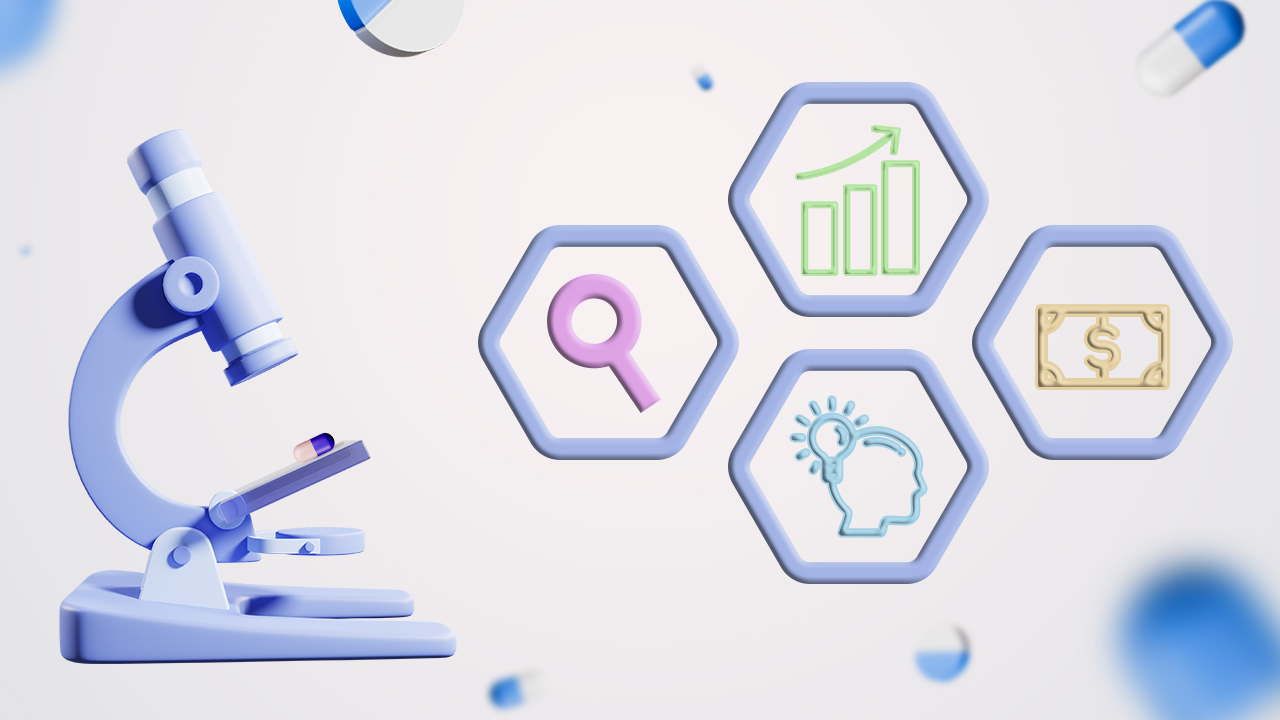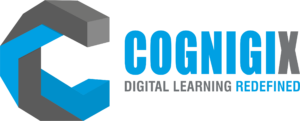The pharmaceutical industry is highly regulated, requiring professionals to stay current with the latest industry standards, safety protocols, and innovations. However, L&D teams often face several challenges:
- Time Constraints: Medical representatives and pharmaceutical professionals are often on the move, making it difficult to schedule lengthy training sessions.
- Frequent Content Updates: With new drug releases and regulatory changes, training materials must be continuously revised, increasing costs.
- Knowledge Retention Issues: Traditional training methods are often ineffective in ensuring employees retain critical information over time.
- Engagement Barriers: Lengthy and complex training sessions can lead to low learner engagement and motivation.
To address these challenges, organizations need a training approach that is accessible, engaging, cost-effective, and tailored to modern learners—which microlearning delivers.
Microlearning: A Smarter Approach to Pharmaceutical Training
Microlearning is an innovative learning strategy that delivers short, focused, and engaging training modules designed to enhance knowledge retention and application. By breaking down complex topics into digestible learning nuggets, pharmaceutical professionals can quickly absorb, retain, and apply information without disrupting their workflow.
How Microlearning Transforms Pharmaceutical Training
1. Quick & Easy Access
New drugs, medical advancements, and compliance updates require frequent training. However, in-lab training can be costly and time-intensive. Microlearning offers:
✔ On-demand learning that employees can access anytime, anywhere.
✔ Mobile-friendly training that is ideal for field representatives and remote professionals.
✔ Short, focused modules that allow employees to quickly grasp and apply knowledge in real-world scenarios.
By providing device-agnostic learning materials, organizations ensure employees can learn at their own pace without disrupting their productivity.
2. Facilitating Continuous Learning & Improvement
Pharmaceutical organizations must embed learning into daily operations to foster a culture of continuous improvement. Microlearning supports this by:
✔ Offering bite-sized, easily digestible content that aligns with employees’ daily tasks.
✔ Allowing learners to choose relevant topics, giving them control over their learning journey.
✔ Providing instant feedback and performance tracking, enabling learners to identify areas for improvement.
With microlearning, organizations can seamlessly integrate training into employees’ routines, ensuring consistent knowledge updates and skill enhancement.
3. Enhancing Knowledge Retention
Studies show that learners forget nearly 50% of new information within 20 minutes unless they reinforce their learning. In the pharmaceutical industry, knowledge retention is crucial for compliance, safety, and efficiency. Microlearning:
✔ Reintroduces key concepts in smaller chunks, ensuring better retention.
✔ Delivers training in an engaging, interactive format to reinforce learning.
✔ Allows employees to revisit modules as needed for reinforcement.
By eliminating information overload, microlearning enhances recall, ensuring employees retain and apply their knowledge effectively.
4. Cost-Effective Training Solution
Continuous employee training in the pharmaceutical industry can be expensive. Microlearning offers a scalable, budget-friendly alternative by:
✔ Eliminating the need for in-person instructors, travel, and classroom facilities.
✔ Enabling faster development and deployment of training content.
✔ Providing long-term cost savings while maintaining high-quality training standards.
By adopting microlearning, pharmaceutical organizations can reduce training expenses while ensuring employees remain knowledgeable and compliant.
5. Boosting Engagement & Motivation
A disengaged workforce leads to ineffective training outcomes. Microlearning enhances engagement by:
✔ Delivering concise, focused content that eliminates unnecessary complexity.
✔ Providing interactive elements such as quizzes, videos, and infographics.
✔ Aligning training with real-world applications, making learning more relevant and impactful.
When training is engaging, simple, and accessible, pharmaceutical professionals are more likely to complete and apply their learning effectively.
Conclusion
Microlearning is revolutionizing training in the pharmaceutical industry, offering a flexible, efficient, and cost-effective approach to employee development. By incorporating short, engaging, and mobile-friendly learning modules, organizations can:
✔ Ensure compliance with evolving regulations
✔ Enhance employee knowledge retention and performance
✔ Reduce training costs and time constraints
✔ Foster a culture of continuous learning and innovation






